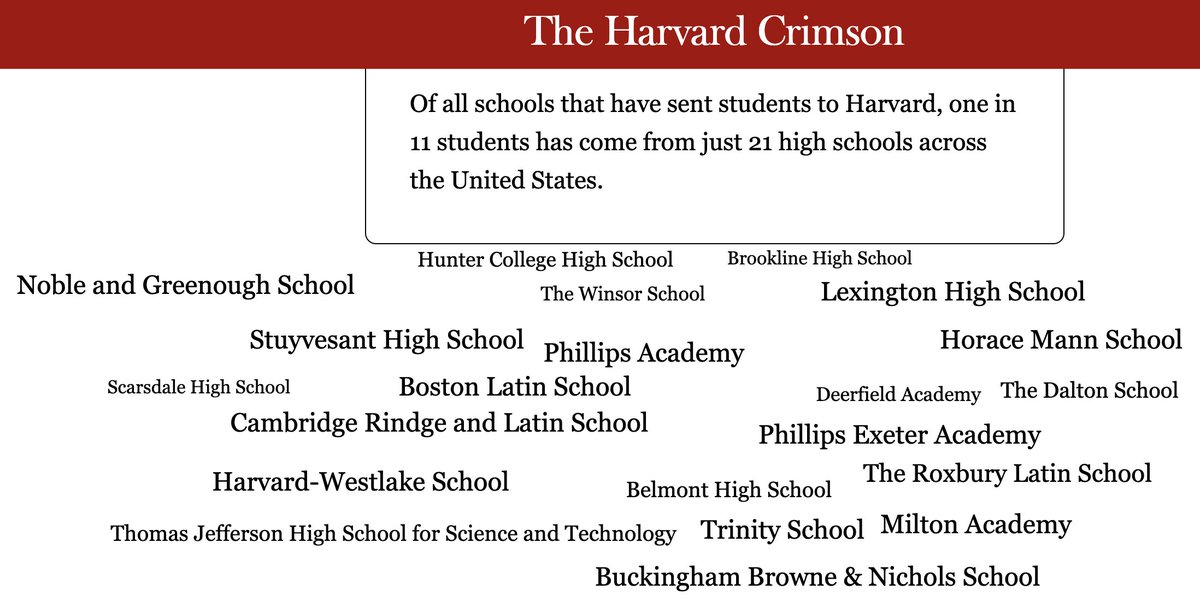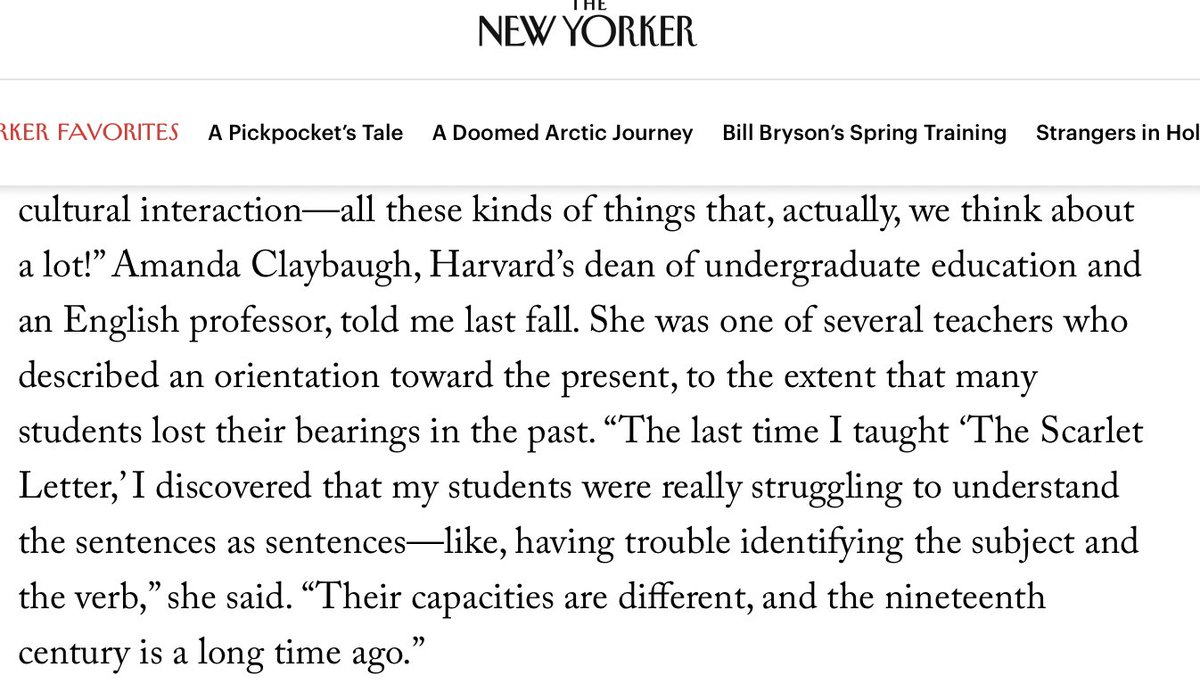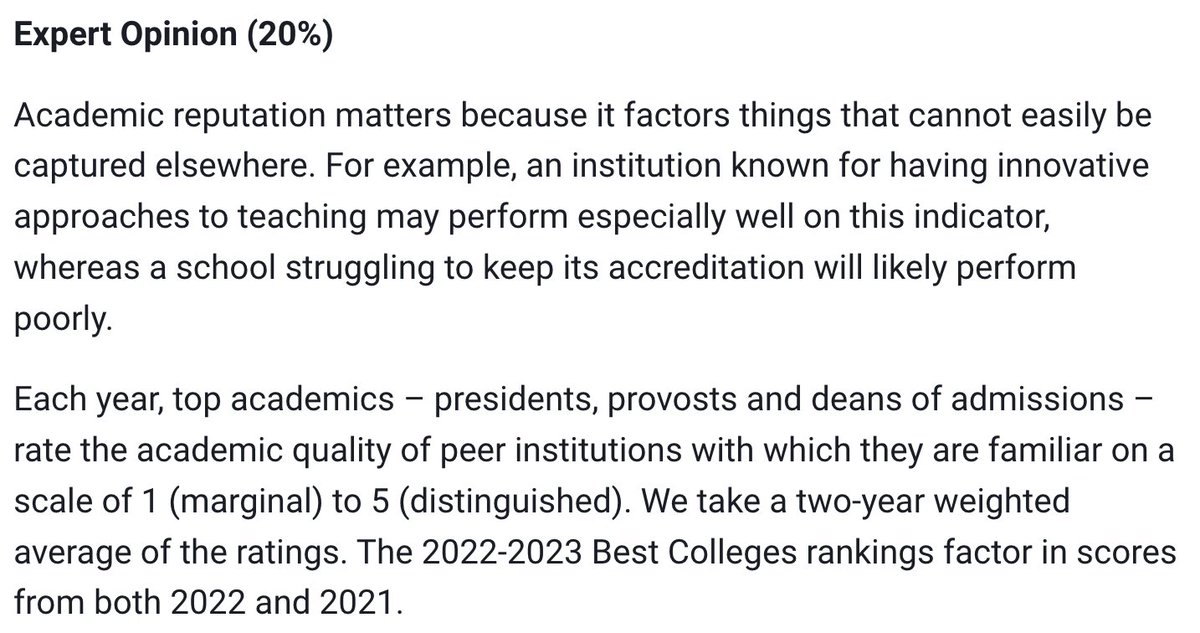Some universities are admitting no grad students in the humanities this year. It should probably be all of them. chronicle.com/article/more-d…
There are currently 36 assistant professor listings in the US and Canada for jobs teaching literature in English. 5 are in listed as American lit. 3 are listed as British. 

It gets worse. 7 of those 36 jobs are in creative writing, so we're really talking about 29 jobs for *every English Phd earned a PhD in the past couple years*.
I feel so awful for the people who spent so much time and worked hard to earn a degree for which there are no jobs.
I feel so awful for the people who spent so much time and worked hard to earn a degree for which there are no jobs.
I have no sympathy for the departments that kept accepting grad students to do low-paid labor, knowing that they were likely not going to find a job in the field.
I feel contempt for any department that did not fully fund any grad students through their dissertations.
I feel contempt for any department that did not fully fund any grad students through their dissertations.
• • •
Missing some Tweet in this thread? You can try to
force a refresh












